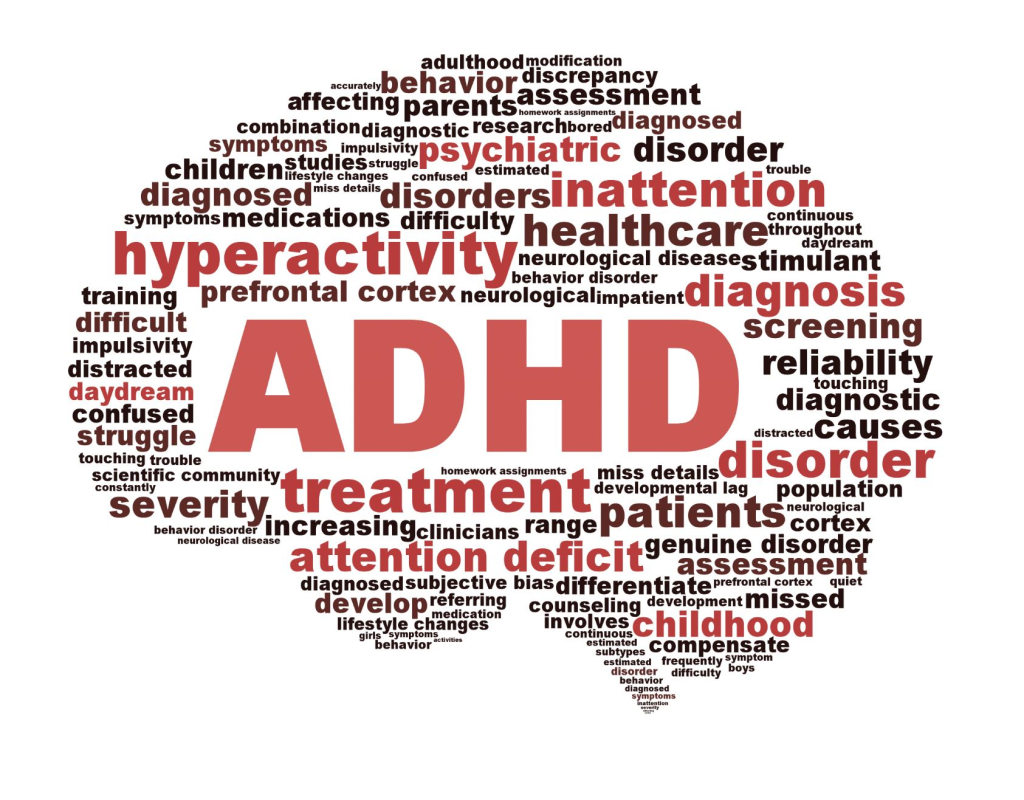
ADHD
Attention-Deficit/Hyperactivity Disorder (ADHD) is one of the most commonly diagnosed neurodevelopmental disorders, affecting both children and adults. Characterized by symptoms like inattention, impulsivity, and hyperactivity, ADHD can have a profound impact on academic performance, work, relationships, and overall quality of life.
While traditional treatment methods such as medication and behavioural therapy have helped many, they don’t work for everyone and often the effects are not long-lasting. For those seeking alternative or complementary solutions, Infra-Low Frequency (ILF) Neurofeedback has become a popular, non-invasive option at our practice. But not many people know about what ILF Neurofeedback, or how it can help our clients with ADHD.
What Is ILF Neurofeedback?
ILF Neurofeedback is a specialized form of brain training that operates at extremely low brainwave frequencies—below 0.1 Hz. Unlike traditional neurofeedback, which targets specific frequency bands like alpha or beta waves, ILF works with the brain’s slowest oscillations, which are thought to regulate the stability and timing of neural networks.
This method doesn’t require the patient to concentrate or “do” anything in particular; this makes is particularly suitable to clients with ADHD. Instead, sensors are placed on the scalp to monitor brain activity, and real-time feedback (usually visual or auditory) is provided to the brain through a screen or sound. Over time, the brain learns to regulate itself more efficiently—like a form of physical therapy for the nervous system. Early research into the uses of neurofeedback included ADHD, and has been used now for around 30years with this client group.
ADHD and Brain Dysregulation
ADHD is increasingly understood not just as a behavioural issue, but as a problem of brain dysregulation. Functional brain imaging has shown differences in the activity and connectivity of brain regions involved in attention, impulse control, and executive function. These irregular patterns can lead to poor emotional regulation, erratic focus, and high levels of internal restlessness.
ILF Neurofeedback helps by stabilizing brain networks, improving timing and connectivity, and enhancing self-regulation. It doesn’t “force” the brain to act a certain way; instead, it encourages more optimal functioning by offering subtle cues that allow the brain to self-correct.
Benefits of ILF Neurofeedback for ADHD
Research, including our clinical practice have noted several benefits of ILF Neurofeedback for individuals with ADHD, including:
- Improved attention span
- Reduced hyperactivity and impulsivity
- Better emotional regulation
- Improved sleep and mood stability
- Enhanced executive functioning (planning, organization, memory)
Parents of children with ADHD often report changes like reduced tantrums, better classroom behaviour, and improved peer relationships. Adults may notice their focus at work has improved and they can complete tasks without feeling constantly overwhelmed.
What Does a Session Look Like?
A typical ILF Neurofeedback session is simple and relaxing:
- Electrodes are placed on the scalp (non-invasive and painless).
- The client watches a movie or listens to music while software tracks brain activity.
- The system gives subtle audio-visual feedback in response to shifts in the brain’s activity.
- Sessions usually last 40-50minutes.
The number of sessions needed varies. Some people see changes within 5–10 sessions, but most clients with ADHD benefit from around 20 sessions for lasting results, with some returning for top-up sessions during stressful periods.
Next Steps
If you’d like more information contact Helen@neurofeedback.scot or Suzanne@neurofeedback.scot. If you’d like an initial consultation please book at Appointments – Pricing – Neurofeedback – Biofeedback
You might also like to read the following:
- The Neurofeedback Advocacy Project: neurofeedbackadvocacyproject.com
- International Society for Neurofeedback and Research (ISNR): isnr.org
- Book: “Neurofeedback in the Treatment of Developmental Trauma” by Sebern Fisher